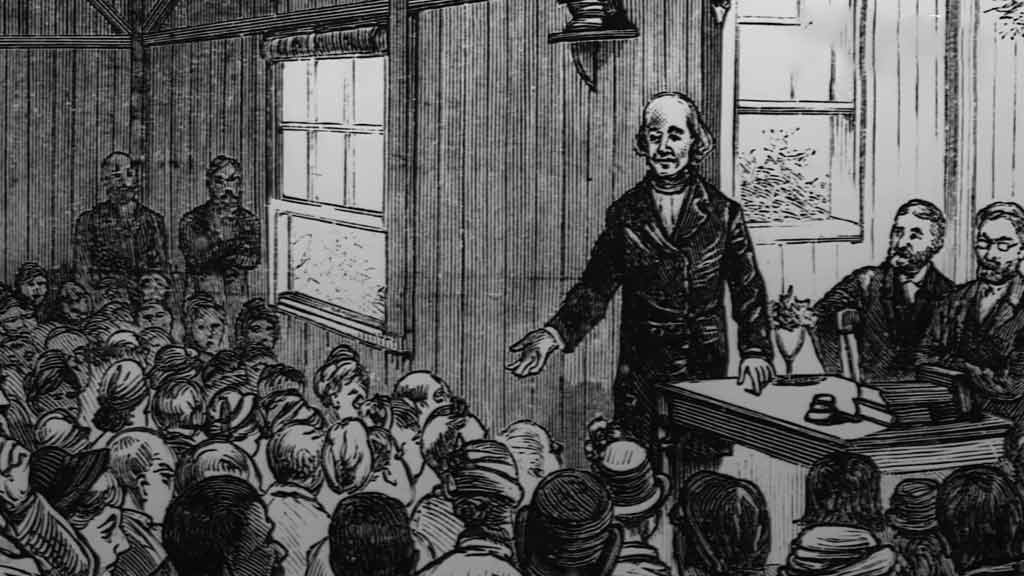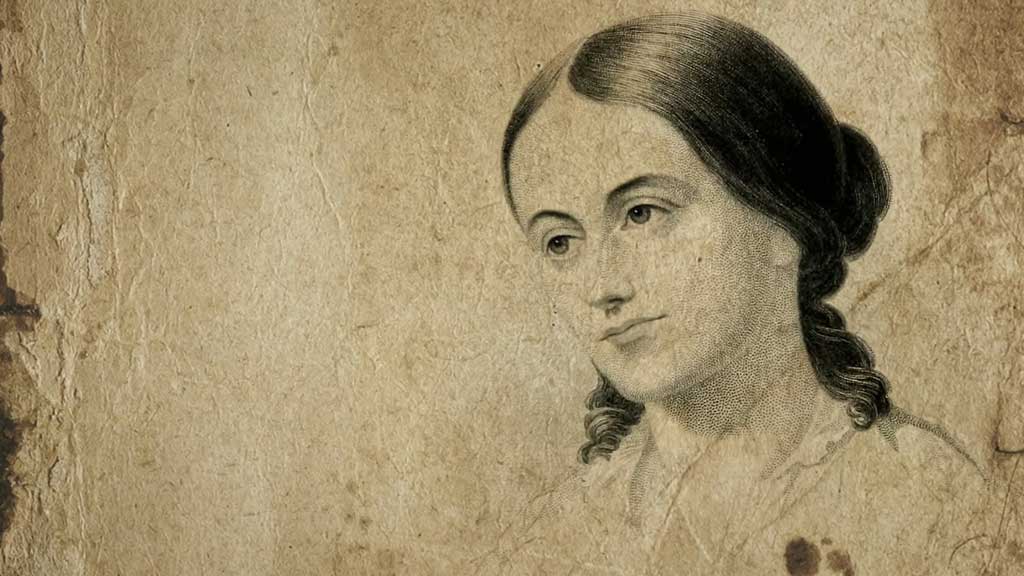In the annals of Boston’s educational history, Bronson Alcott emerges as a luminary whose innovative ideas and unwavering commitment to reform left an indelible mark on the city’s intellectual landscape.
Bronson Alcott’s journey to Boston in 1834 marked a transformative moment, as he embarked on a mission to revolutionize education and nurture the minds of future generations.
Founding the Temple School in the heart of the city, Alcott introduced progressive pedagogical methods that challenged traditional norms, emphasizing individualized learning and moral development.
Collaborating with intellectual luminaries like Elizabeth Peabody and Margaret Fuller, Alcott’s educational experiment at the Temple School became a crucible of innovation, sparking spirited debates and igniting imaginations.
Through his vision and perseverance, Alcott shaped the course of Boston’s educational history, leaving a legacy that continues to inspire and resonate to this day.
Who Is Louisa May Alcott in Boston?
Louisa May Alcott, a prominent literary figure in Boston, is best known as the author of the beloved novel “Little Women.”
Born into the renowned Alcott family in Germantown, Pennsylvania, she spent much of her formative years in Concord, Massachusetts, where her father, Bronson Alcott, was deeply involved in the transcendentalist movement.
Louisa’s experiences growing up in this intellectual environment greatly influenced her writing. “Little Women,” published in 1868, drew inspiration from her own family life and became an instant classic, captivating readers with its vivid characters and timeless themes of love, sisterhood, and resilience.
Alcott Boston History
In 1834, Bronson Alcott made a significant decision to relocate his family to Boston. This move marked a pivotal moment in his career and the development of progressive education in America.
Establishment of the Temple School
Upon arriving in Boston, Alcott wasted no time in putting his ideas into action. In the heart of the city, he established the Temple School, a bold experiment in educational reform housed within the historic Tremont Temple on Tremont Street.
This choice of location was deliberate, as it symbolized Alcott’s aspiration to create a temple of learning where students could cultivate their minds and spirits in a nurturing environment.
Progressive Education

At the Temple School, Alcott sought to revolutionize education by rejecting rote memorization and standardized testing in favor of a more organic, student-centered approach.
He believed that education should be a transformative experience that nurtured the whole individual—intellectually, emotionally, and ethically.
To achieve this, he emphasized dialogue, inquiry, and experiential learning, fostering a dynamic classroom environment where students were encouraged to think critically and explore their passions.
Collaboration with Elizabeth Peabody and Margaret Fuller
Alcott recognized that he could not realize his vision alone and enlisted the support of two formidable allies—Elizabeth Peabody and Margaret Fuller.
Elizabeth Peabody, a pioneering educator in her own right, shared Alcott’s commitment to progressive education and brought her expertise in child psychology and pedagogy to the Temple School.
Margaret Fuller, with her incisive intellect and profound understanding of literature and philosophy, enriched the curriculum with her vivid teachings and impassioned discussions.
Elizabeth Peabody: A Leading Educator
Elizabeth Peabody’s role at the Temple School was multifaceted. Not only did she assist Alcott in shaping the school’s curriculum and pedagogical methods, but she also played a crucial role in fostering a supportive and nurturing learning environment.
Her insights into child development and educational theory informed the school’s approach to teaching, ensuring that each student received personalized attention and guidance tailored to their unique needs and abilities.
Margaret Fuller: Intellectual Leader

Margaret Fuller’s presence at the Temple School electrified the atmosphere with her brilliance and charisma.
As a renowned intellectual and leading figure in the Transcendentalist movement, Fuller brought a wealth of knowledge and insight to the classroom, enriching the educational experience with her deep engagement with literature, philosophy, and social issues.
Her passionate advocacy for women’s rights and intellectual freedom resonated deeply with the students, inspiring them to question conventional wisdom and strive for a more just and enlightened society.
Controversy and Opposition
Despite the Temple School’s noble aspirations, it was not immune to criticism and controversy.
Alcott’s unorthodox methods and emphasis on moral instruction drew condemnation from conservative elements within Boston society, who viewed his approach as dangerously subversive.
Critics accused Alcott of indoctrinating students with radical ideas and undermining traditional values, leading to public outcry and calls for the school’s closure.
Legacy of the Temple School
Despite its eventual closure due to financial difficulties and societal opposition, the Temple School left an indelible mark on the landscape of American education.
Alcott’s innovative ideas and commitment to progressive education inspired a new generation of educators to question the status quo and strive for a more humane and holistic approach to teaching and learning.
The collaboration between Alcott, Peabody, and Fuller epitomized the spirit of intellectual inquiry and social activism that defined the Transcendentalist movement, leaving a lasting legacy that continues to resonate in educational discourse to this day.
FAQs
What story is Alcott best known for?
Bronson Alcott is best known for his role as a pioneering educator and transcendentalist philosopher.
Who is the Alcott family?
The Alcott family is a notable American literary family, primarily known for its most famous member, Louisa May Alcott, author of the classic novel “Little Women.”
Did Alcott ever marry?
Yes, Bronson Alcott married Abigail May in 1830. Abigail, often referred to as Abby, was a teacher and a social worker.
What was Bronson Alcott known for?
Bronson Alcott was known for his pioneering work in education and his association with the transcendentalist movement in America.
Wrap Up
Bronson Alcott’s legacy in Boston’s educational history is one of innovation, perseverance, and profound impact.
Through his pioneering work at the Temple School and collaborations with influential intellectuals like Elizabeth Peabody and Margaret Fuller, Alcott challenged the status quo and advanced the cause of progressive education.
Despite facing opposition and setbacks, his unwavering commitment to holistic learning and moral development left an enduring mark on the city’s educational landscape.
Alcott’s vision continues to inspire educators and reformers, reminding us of the power of innovative thinking and the importance of nurturing the minds and spirits of future generations.
In the tapestry of Boston’s rich intellectual history, Bronson Alcott’s contributions shine brightly, illuminating pathways to a more enlightened and humane society.
Jaclyn Lowe